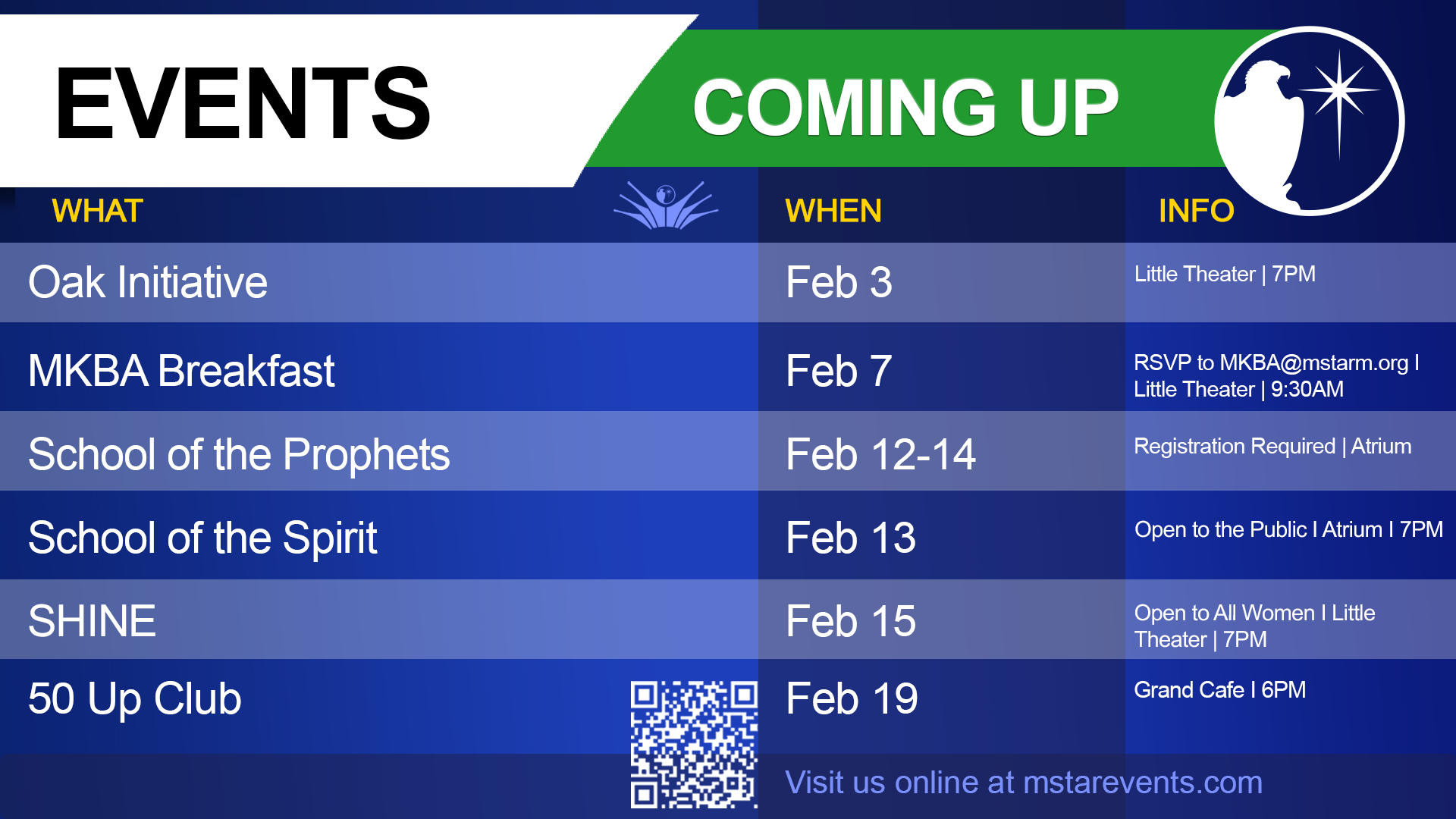How can we not love the body of Christ? It certainly has flaws and shortcomings, but it is also the most unique and interesting entity on the planet when taken as a whole. This is why I have pursued (and am thankful to have done so) relationships with those in denominations and movements across the spectrum of the body of Christ. I have learned much from almost all of them. I disagree with many of them on some things, and some of these disagreements are great, but that does not negate appreciating the good things about them.
As I’ve stated, I don’t believe in compromising my convictions for anything until I am convinced they are wrong, so I do not intend to ever compromise my convictions to be in relationship with someone. I have never had to do this with those from different denominations and movements. I may lay my disagreements aside or not make them an issue when it is not necessary, but that is not the same as compromise. Rather, it is wisdom and obedience to the biblical exhortation to maintain the unity of the Spirit in the bond of peace.
In one of our early round table meetings, Bob Mumford shared a profound truth. He said that all relationships are built on trust. You can have affection and even love for someone, but you cannot really have a relationship without trust. Trust is the bridge between people that enables relationship—the stronger the trust, the stronger the bridge and the more weight that can be carried across that bridge. Therefore, to begin any relationship, we need to begin by seeking to build trust.
Like most pastors, people I have never met often come to me seeking to dictate policy or actions in our ministry or church. This is a sad example of someone who is either delusional or has little understanding of spiritual authority, relationships, or koinonia.
As we covered earlier, the church is called first and foremost to be a family, not an organization. When we start to be an organization more than a family, we are departing from our purpose. Organization is needed, but it is not the main thing. The main thing will always be our family relationship and who the Father is in this family. Authority flows in a family through relationship, not organization. Until we get this, we will not be trusted with the authority we are called to walk in.
Even in a family, trust is the bridge between the members. We may automatically trust someone more because they are family, but not when the family relationship has been a bad one. This being understood, I may acknowledge someone who I do not know well to be a Christian and a part of the family, but a bridge of trust must still be built between us before there can be a deep relationship.
Therefore, when someone I barely know tries to dictate policy or influence change in my life, church, or ministry, they have exceeded the weight that can be carried across the bridge of trust that has been built between us. This causes the bridge to break. What might have begun to be a bridge of trust is now broken down, as I will trust them much less for their obvious foolishness.
The Apostle Paul wrote to the Corinthians that he had authority to build them up or tear them down. He had authority for tearing things down with them because he had been the one who had been used to build them up. I do not trust anyone to come into our churches or ministries to tear down if they were not a part of the building. If they were a part of the building, then I will pay more attention to them because my trust level with them is higher.
Now a relationship that has experienced or attained koinonia will be the strongest bridge of all because koinonia is the result of experiencing together the Lord building our unity. Remember that the first faith walk was Abraham looking for the city that God is building, not just men. When we experience Him doing the building, there is a trust in the building that is far greater than anything man could build. Those who experience this together are bonded in a way that no other human experience can duplicate.
This does not mean that problems won’t arise in even the best relationships that are born out of koinonia and experience any level of God’s work. Even Paul and Barnabas split up over a disagreement after all they had been through together. When they split, we can be sure that God went with both, and they both likely continued growing in koinonia. We must not get idealistic. Stuff happens to the best and most mature, and mistakes happen as well. We just need to resolve that no problem or mistake is going to keep us from our destiny. As Coach Mike Gottfried says about football games, “There are games you win, and games you learn.” We need to keep learning and above all—keep going.



